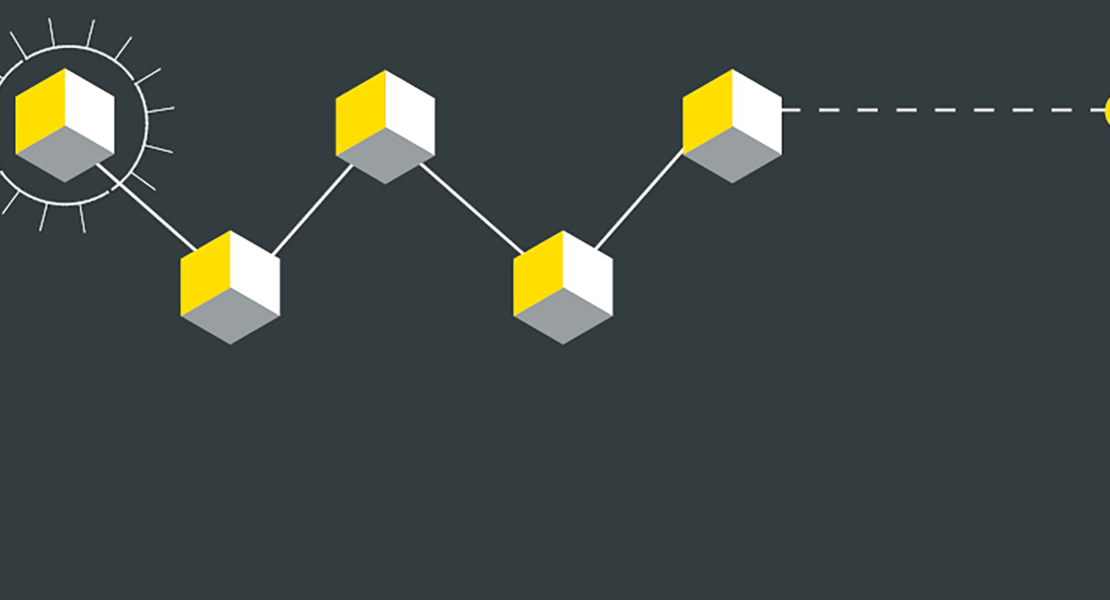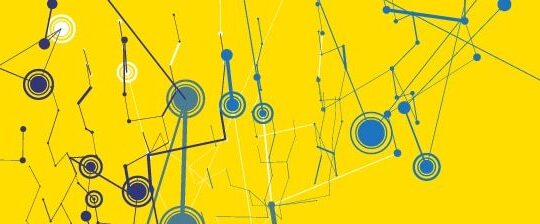Smart contracts, where some or all of the contractual obligations are defined in and/or performed automatically by a computer program, are expected to have a significant impact on the way business is done. Whilst already being deployed for relatively straightforward transactions, such as facilitating transfers on cryptocurrency exchanges, with the technology underpinning smart contracts becoming more sophisticated, they are increasingly being considered as an alternative way to do business when compared to the traditional paper contract.
With the advantages they bring to transactions, such as increasing efficiency, security and transparency, smart contracts are seen as a means of automating processes in day-to-day business, from payment of insurance claims, streamlining customer verification processes to managing supply chains. The tamper-resistant, self-executing and self-verifying nature of smart contracts also aims to reduce the scope for disputes.
On 25 November 2021, the Law Commission published its initial advice to the UK Government on smart contracts in which the Law Commission considered, among other things, the form, formation, formality and interpretation of smart contracts. This advice built on the November 2019 guidance of the UK Jurisdiction Taskforce (UKJT) (‘Legal Statement on Crypto Assets and Smart Contracts’) in which the UKJT concluded that, in principle, smart contracts are capable of giving rise to binding legal obligations.
While the Law Commission concluded that the current legal framework is able to facilitate and support the use of smart contracts, it did identify issues that parties should consider in their smart contracts in order to promote certainty and party autonomy. Recommendations included:
- Making clear the role of code and whether it is intended both to define contractual obligations as well as to perform them, or only to perform them.
- If terms were expressed in both natural language and code, making clear which was to take precedence in the event of conflict.
- Allocating risk to provide for (among other things) inaccurate data inputs, bugs and coding errors or external events beyond the parties’ control which might affect performance of the code, such as systems upgrades.
- Where the contract contained coded terms, providing a natural language explanation of the workings of the code and making clear that such explanations form part of the contract.
- Pending the outcome of a dispute, providing for a mechanism for suspension of the performance of the code.
- Including a choice of court and choice of law provision either in a separate natural language agreement (which agreement is expressly said to form part of the contract) or by way of comments in the code.
In the course of its work, the Law Commission highlighted the inherent difficulties in determining the geographical location of acts, actors and intangible objects when dealing with digital assets and smart contracts in the virtual world. This in turn gives rise to conflict of law issues including the law applicable to a dispute and determining which court is to have jurisdiction to hear a dispute. It is clear that digital assets and smart contracts have the potential to give rise to multiple (and possibly inconsistent) assertions of governing law and jurisdiction. To address these issues the Government has asked the Law Commission to set out the current rules on the applicable private international law in the digital context, and if appropriate, to make recommendations for reform to ensure that the law in this area remains relevant and up to date. The Law Commission anticipate that its findings are likely to be published in the first part of 2022 and its report is awaited with great interest.
Jeremy Sharman (Partner), and Prashant Kukadia (Associate) – Bird & Bird, London
For more disputes related content click here to access Disputes+, Bird & Bird’s dispute resolution know how portal




